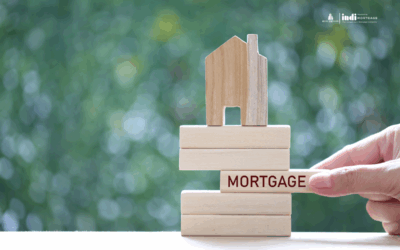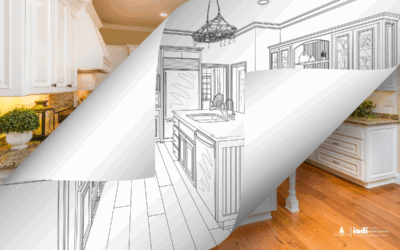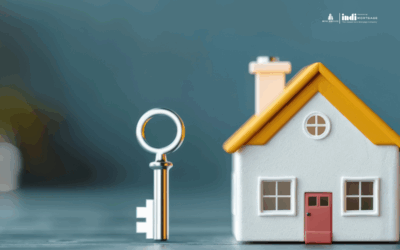Welcome To Our Mortgage Educational Blog About:
What Is The True Cost Of Buying A Home In Canada In 2023?

Are you considering buying a home in Canada?
While the idea of owning a home may be exciting, it’s important to understand the true cost of home ownership beyond the purchase price.
From the down payment to closing costs, property taxes to home insurance, and everything in between, the costs of owning a home can quickly add up.
Buying a home is a major milestone. It is a significant investment providing a sense of stability, security, and pride of ownership. However, it comes with a lot of financial responsibilities beyond the monthly mortgage payment.
The true cost of buying a home in Canada can be much higher than what is expected by many first-time home buyers. So, it is essential to understand all the expenses involved before making this significant financial commitment.
What Is The True Cost Of Buying A Home In Canada?
The actual cost of buying a home is usually 3-4% more than the purchase price of the home.
The amount can vary significantly depending on several factors, such as location, size, and condition of the property, the current state of the housing market, and the hidden costs that are often overlooked.
However, as a rough estimate, the total cost of buying a home in Canada can range from around $250,000 to over $1 million.
It is important to carefully consider all of these costs and work with professionals like real estate agents to make informed decisions about purchasing a home.
Let’s have a look at these costs associated with buying a home.
Down Payment
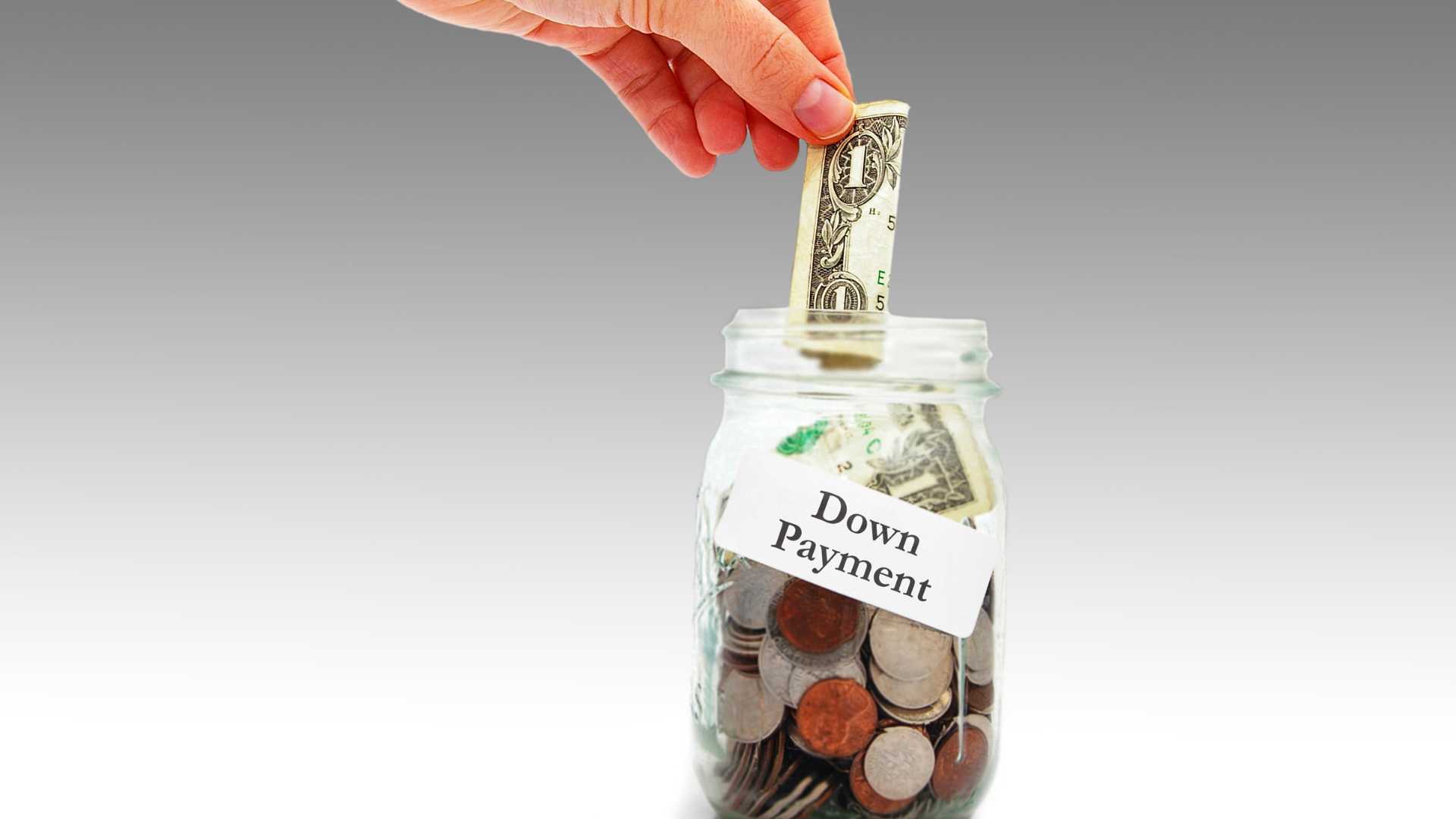
A down payment is a lump sum of money paid upfront to the seller of the property when buying a home.
The down payment reduces the amount of the loan, and the remaining balance is what the buyer borrows from the mortgage lender.
How Much Of A Down Payment Is Required In Canada?
In Canada, the minimum down payment required for a home purchase varies based on the purchase price.
- For properties of up to $500,000, the minimum down payment is 5% of the purchase price.
- For properties above $500,000 and up to $1 million, the minimum down payment is 5% up to the first $500,000, and 10% of the remaining purchase price.
- For properties over $1 million, the minimum down payment is 20% of the purchase price.
How To Save For A Down Payment?
Saving for a down payment can be challenging, but there are several ways to make it more manageable. Some ways to save for a down payment include:
- Creating a budget and sticking to it
- Reducing unnecessary expenses, such as eating out or entertainment costs
- Setting up a separate savings account for the down payment and contributing to it regularly
- Using a down payment assistance program if eligible
- Considering using your RRSP for the down payment under the Home Buyers’ Plan (HBP)
Closing Costs
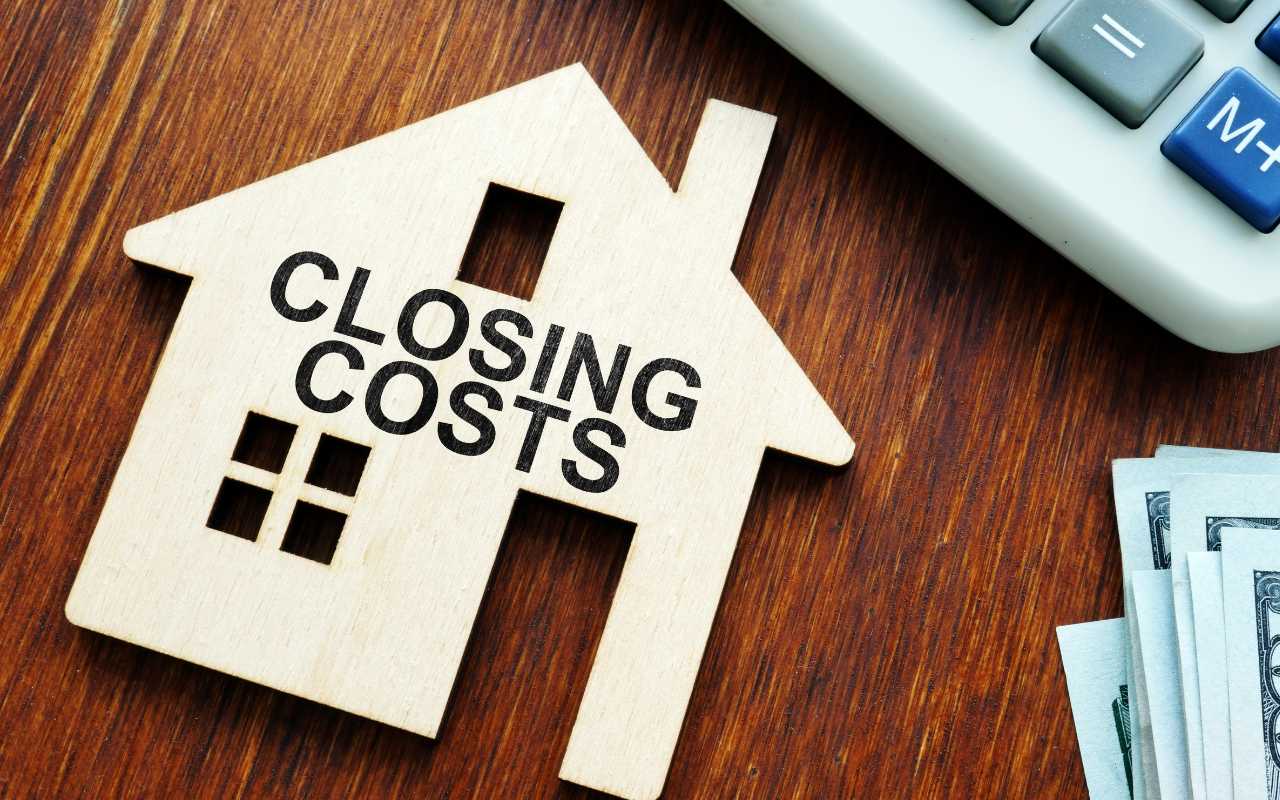
Closing costs are expenses associated with the purchase of a home that is paid on the closing date.
Some of the common closing costs are –
- Legal fees and disbursements
- Land transfer tax
- Title insurance
- Property appraisal fee
- Home inspection fee
- Property survey fee
- Mortgage application fee
How Much Do These Costs Typically Amount To?
Closing costs vary depending on the location of the property and other factors. In Canada, closing costs can range from 1.5% to 4% of the purchase price of the property.
Appraisal Fees
A home appraisal is an evaluation of a property’s value by a professional appraiser.
The appraiser considers factors such as the property’s location, size, condition, and comparable sales in the area to determine its value.
The average cost of a home appraisal in Canada is between $300 and $500. However, the cost can be higher or lower depending on the specific property and the appraiser’s fees.
How To Save Money On Home Appraisal Fees?
- While home appraisal fees are not typically a significant expense in the overall cost to buy a house, they are still something to consider when budgeting for a purchase.
- To save money on home appraisal fees, consider shopping around and comparing fees from multiple appraisers.
- Additionally, if you are purchasing a newly built home, you may be able to provide the builder with a copy of the appraisal report from the lender, which could potentially save you money on appraisal fees.
Overall, home appraisal fees are a necessary expense to ensure that you are paying a fair price for your new home.
Home Inspection
It’s important to note that an appraisal is not the same as a home inspection, as it evaluates the condition of the property.
While a home inspection is not typically required by lenders, it is still recommended as an essential cost to ensure that there are no hidden issues with the home that could lead to costly repairs in the future.
Mortgage Costs
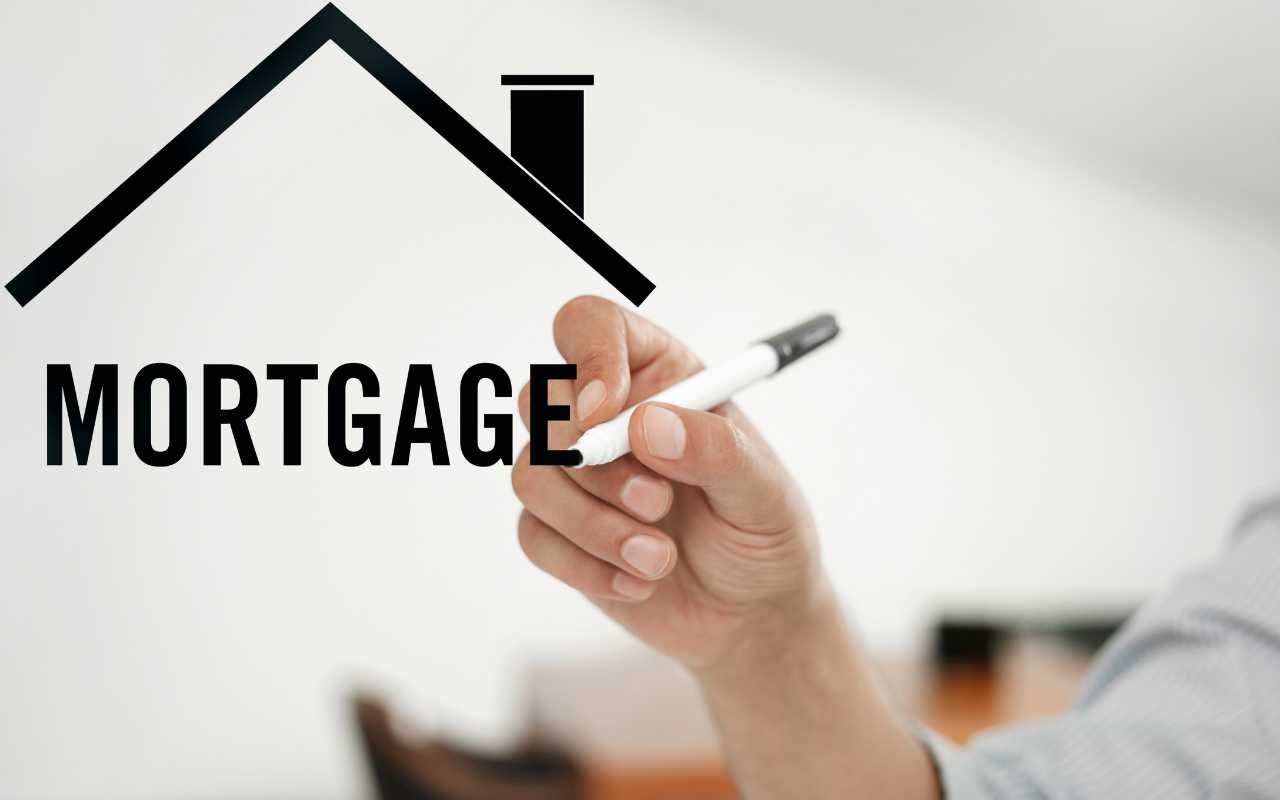
A mortgage is a loan used to purchase a property. The loan is secured by the property and repaid over a set period of time with interest.
Choosing the right mortgage depends on your financial situation and goals.
Factors to consider when you buy mortgage loans include –
- interest rate
- term length
- payment frequency
- prepayment options.
Property Taxes
Property taxes are taxes levied by the municipal government on the value of the property. The funds collected from property taxes are used to fund municipal services, such as road maintenance, garbage collection, and public transit.
In Canada, property taxes are calculated based on the assessed value of the property and the mill rate set by the municipality.
How To Budget For Property Taxes?
Property taxes are usually paid annually, but some municipalities offer the option to pay in installments. You can budget for property taxes by setting aside a portion of your monthly budget to cover this expense.
Home Insurance Costs
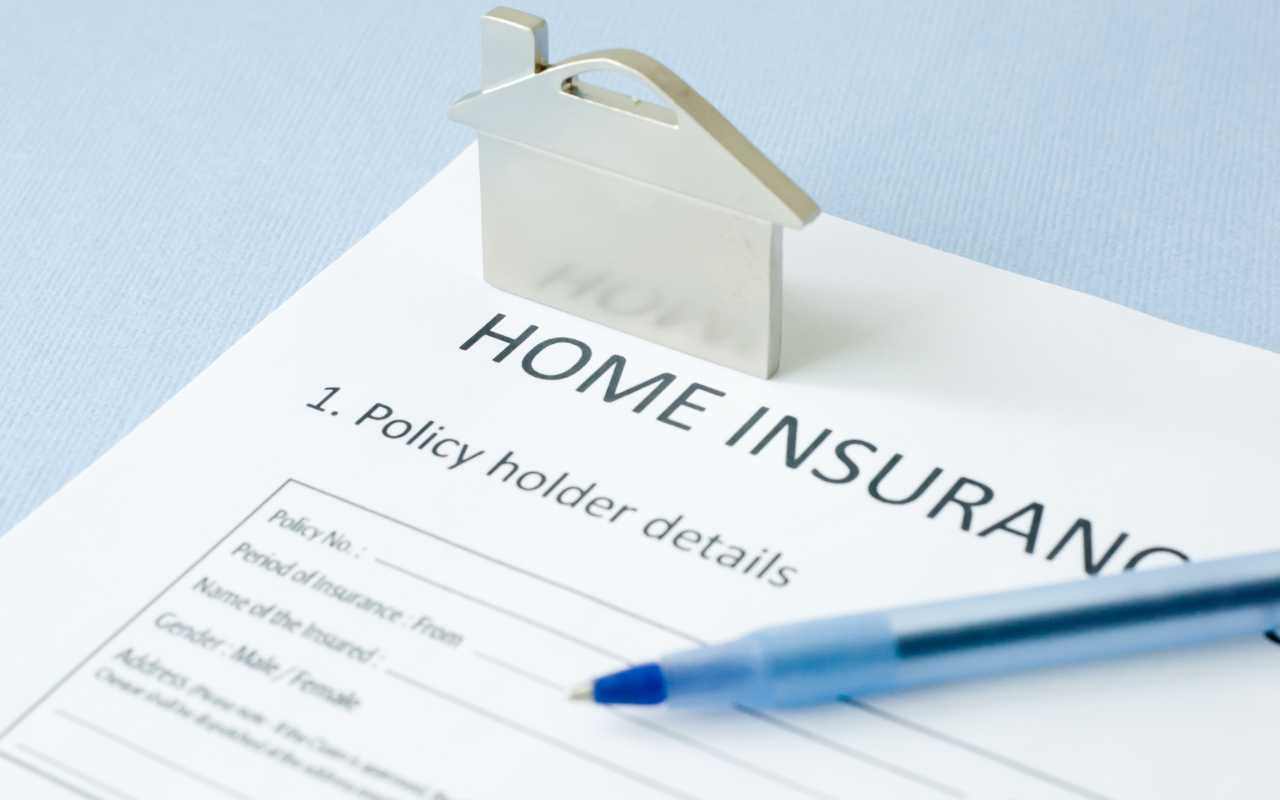
Home insurance protects the homeowner from financial losses due to damage or loss of their property, as well as liability claims.
Home insurance policies can cover the physical structure of the home, personal belongings, and additional living expenses if the home becomes uninhabitable due to a covered loss.
There are several types of home insurance policies available in Canada, including:
- Comprehensive: provides the most coverage for the home and personal belongings
- Basic/Named Perils: covers specific risks, such as fire, theft, and weather damage
- Broad: provides a mix of coverage between comprehensive and basic policies
- No-Frills: designed for homes that may not meet typical insurance standards, such as older homes that require repairs
Factors affecting the cost of insurance
- Location of the home
- Age and condition of the home
- Type of home (e.g., detached, townhouse, condominium)
- Value of the home and personal belongings
- Level of coverage selected
- Deductible amount
Maintenance And Repair Costs
These include the expenses associated with maintaining the home and repairing any damages or issues that arise.
Examples of maintenance and repair costs include replacing a roof, repairing plumbing or electrical systems, and landscaping.
You can also budget for home maintenance and repair costs by setting aside a portion of your monthly budget for these expenses.
Experts suggest budgeting 1-3% of the home’s value annually for maintenance and home repairs.
Tips for reducing maintenance and repair costs –
- Perform regular maintenance tasks, such as cleaning gutters and changing air filters
- Address issues promptly before they worsen
- Invest in high-quality materials and appliances
- Consider DIY repairs for minor issues
Other Considerations
Homeowners Association Fees
Homeowners Association (HOA) fees are common in condominiums and some housing developments.
These fees cover the costs of shared amenities, such as landscaping, maintenance, and insurance. You should be aware of these fees and factor them into your budget.
Utility Bills
Utility bills, such as water, gas, and electricity, are ongoing costs that homeowners must pay. Make sure to ask the seller for utility bills from the past year to get an idea of the average cost.
Moving Costs
Moving costs can vary depending on the distance of the move and the number of items being moved.
Homebuyers should budget for moving costs, including hiring a moving company or renting a moving truck, purchasing packing supplies, and any necessary travel expenses.
Tips To Save Money When Buying A Home

Buying a home can be a major expense, but there are several ways to save money during the home-buying process. Here are some tips to help you save money when buying a home in Canada:
1. Save For A Larger Down Payment
One of the best ways to save money when buying a home is to put down a larger down payment.
A larger down payment means a smaller mortgage, which can save you money in interest charges over the life of the loan.
2. Consider A Shorter Mortgage Term
While a longer mortgage term may result in lower monthly payments, it also means paying more interest charges over the life of the loan.
Choosing a shorter mortgage term can help you save money on interest charges.
3. Shop Around For The Best Mortgage Rate
Mortgage rates can vary widely between lenders, so it pays to shop around for the best rate.
Use online comparison tools or work with a mortgage broker to find the best rate for your financial situation.
4. Negotiate With The Seller
When making an offer on a home, consider negotiating with the seller to try to get a better price. Ask your real estate agent for advice on how to negotiate effectively.
5. Choose A Home In A Less Expensive Area
The cost of a home can vary widely depending on the location. Choosing a home in a less expensive area can help you save money on the purchase price and ongoing expenses, such as property taxes and utilities.
6. Get A Pre-Approved Mortgage
Getting pre-approved for a mortgage can help you set a realistic budget for your home search and can also give you an advantage in a competitive housing market.
7. Consider A Fixer-Upper
Buying a home that needs some work can be a great way to save money on the purchase price. Just be sure to budget for the cost of repairs and renovations.
With these tips, you can make the home-buying process more affordable.
Consider These Costs When Budgeting For Your Home!
To sum it up, buying a new home involves more than just the purchase price.
There are many additional costs to consider, such as property taxes, home insurance, maintenance costs, homeowners association fees, utility bills, and the cost of moving.
Understanding these costs and budgeting accordingly can help you make informed decisions and ensure that you are financially prepared for homeownership.
By taking the time to research and understand the true cost of owning a home in Canada, you can make informed decisions that will benefit you and your family in the years to come.
Whether you are a first time home buyer Edmonton or a seasoned homeowner, it’s important to work with experienced professionals who can guide you through the home-buying process and help you make informed decisions.
With the right preparation and guidance, buying a home in Canada can be a rewarding and fulfilling experience.
Are you ready to purchase your home? Reach out to me directly or start your application here: www.sandraforscutt.ca/mortgage-application/
Don’t hesitate to contact us with any questions you may have.
Recent Educational Blogs
25-Year vs. 30-Year Mortgage
June 2025 | 25-Year vs. 30-Year MortgageIf you’re thinking about buying a home, one of the biggest decisions you’ll face is choosing your mortgage’s amortization period. Should you go for the traditional 25-year mortgage or take advantage of the newer, longer 30-year...
Thinking About Flipping a House in Edmonton?
May 2025 | Flip Mortgage ProgramAre you eyeing that “fixer-upper” in Edmonton and dreaming of turning it into a showstopper? House flipping is more popular than ever, and with the right mortgage program, it’s easier to get started than you might think!What is a Flip...
Unlocking the Value in Your Home
April 2025 | Home Equity Unlocking the value in your home can be a smart way to fund major renovations or get a handle on high-interest debt. If you’ve built up equity—the difference between your home’s current value and what you still owe on your mortgage—you may be...


